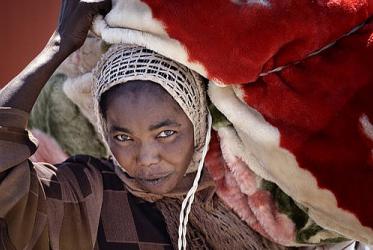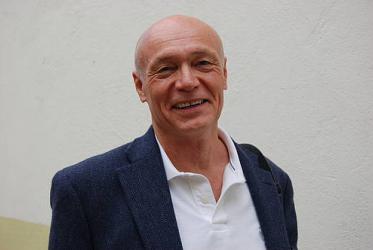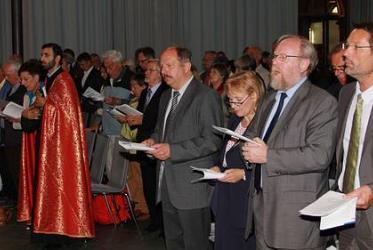Displaying 841 - 860 of 1002
30 November 2011
Religious voices advocate for climate justice at Durban
28 November 2011
Before Durban climate talks, Brazilian ecumenists think about Rio+20
23 November 2011
WCC expresses concern over human trafficking in Sinai Desert
18 November 2011
A toolmaker for HIV and AIDS awareness in Lusophone Africa
03 November 2011
Ecumenical Water Network breaks new ground
03 November 2011
Challenging gender inequity in pursuit of women's health
02 November 2011
Human rights advocacy is a prophetic witness of the churches
01 November 2011
Sustainable water projects need ownership
28 October 2011
Accelerating the church's response to HIV
11 October 2011
Supporting parents dealing with HIV/AIDS impact
29 September 2011
Raising ethical dimensions in debate on climate justice
22 September 2011
Mobilizing youth and women to reduce HIV
22 September 2011
WCC general secretary: Peace and justice gain momentum
14 September 2011
Time for Creation 2011: A call to pray, reflect and act
14 September 2011
WCC Executive Committee in Ethiopia exposed to famine situation
13 September 2011
Rethinking theology for HIV response
06 September 2011


















